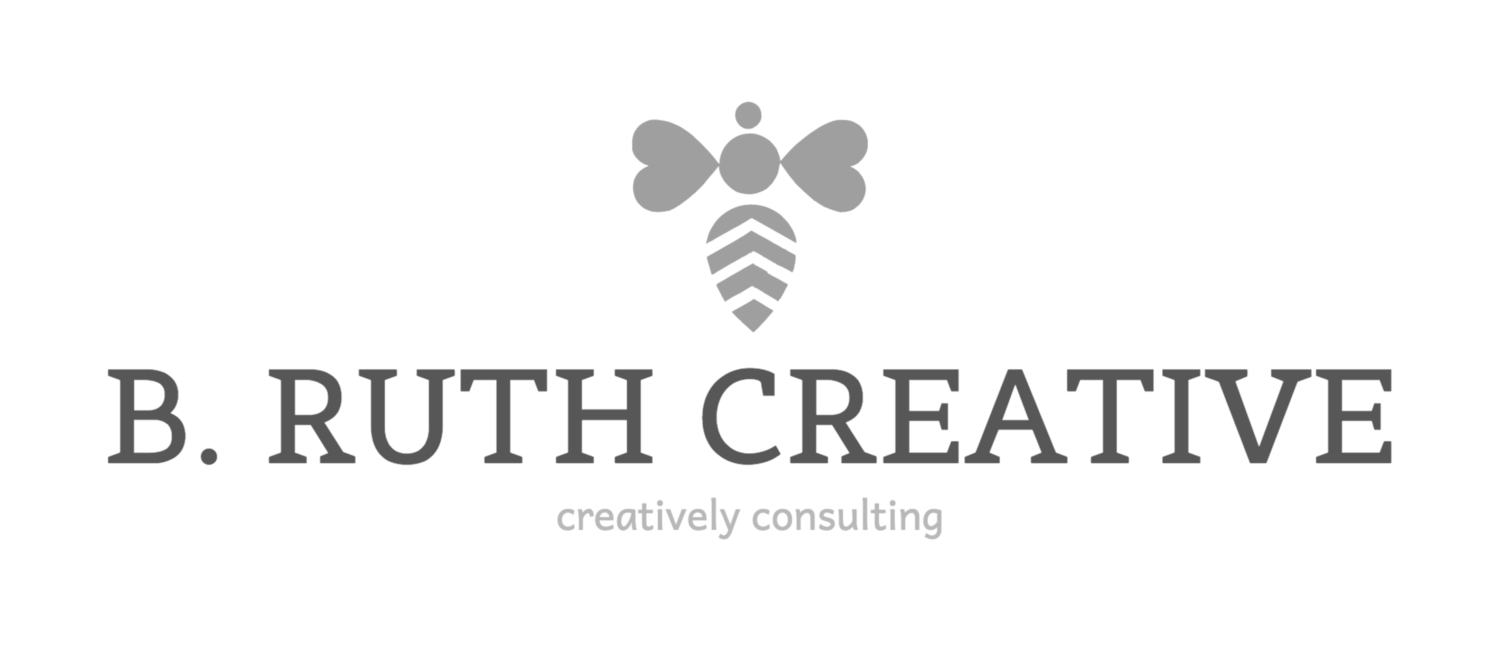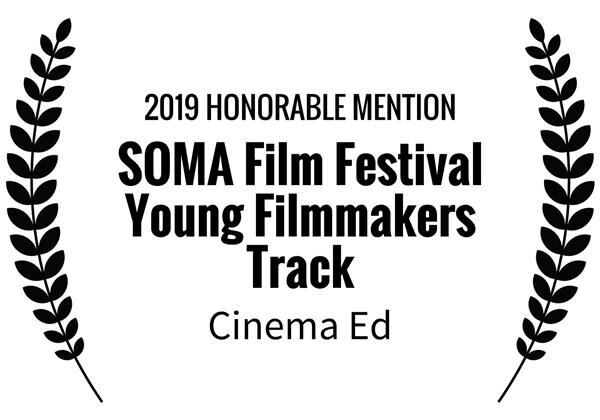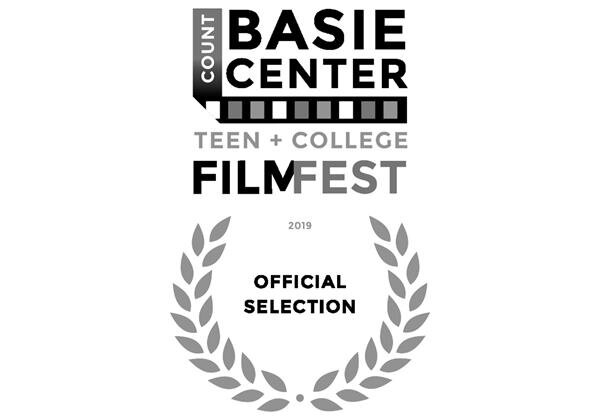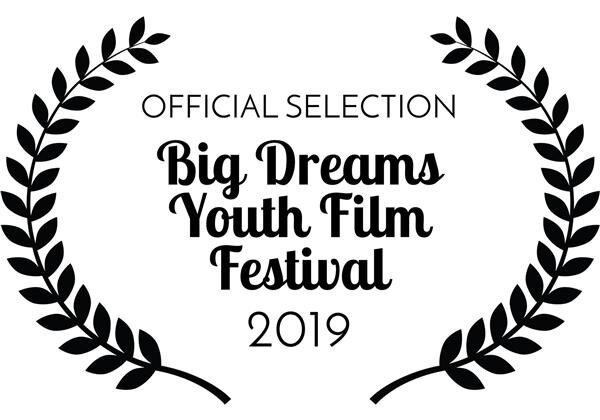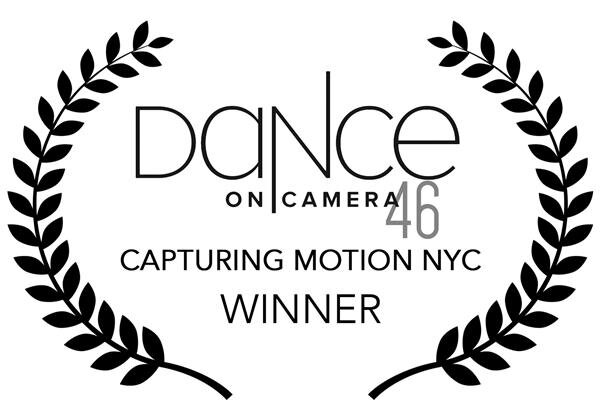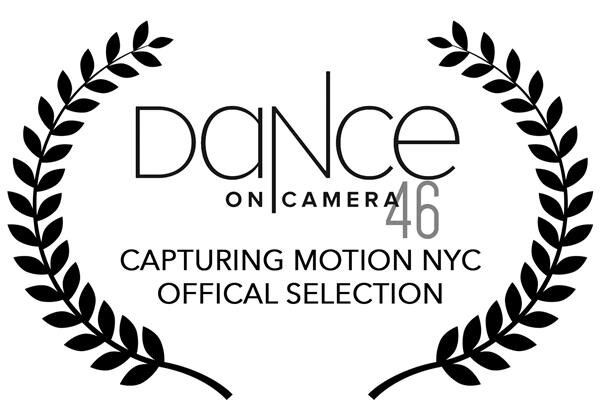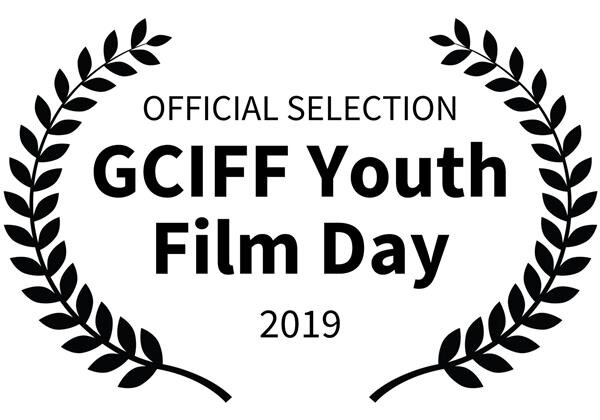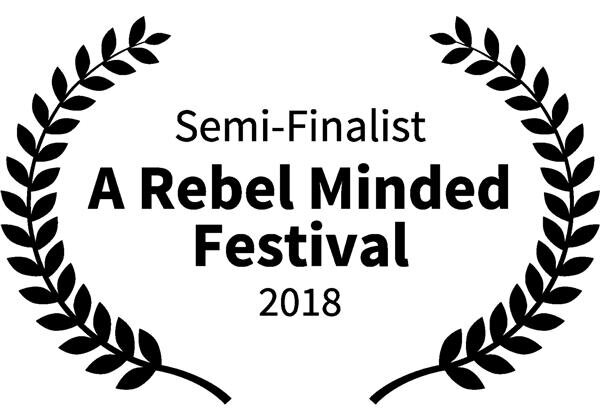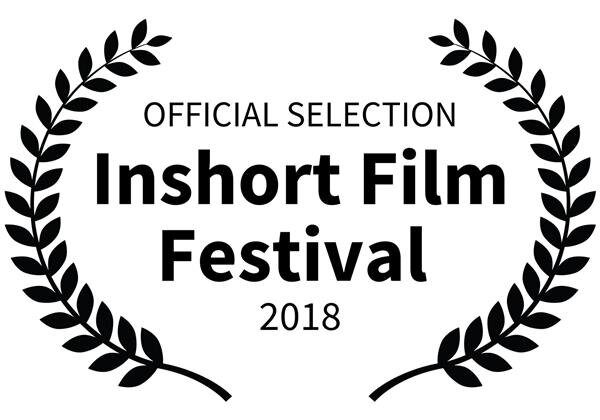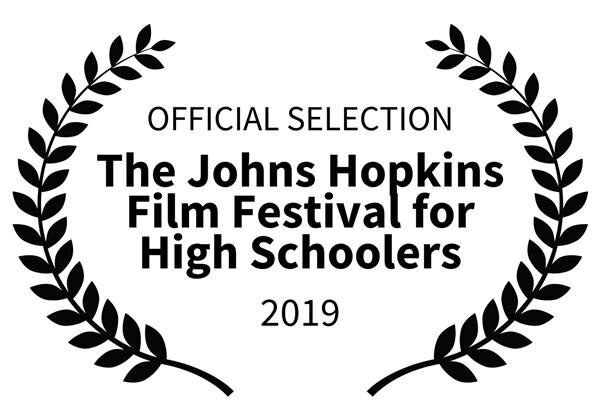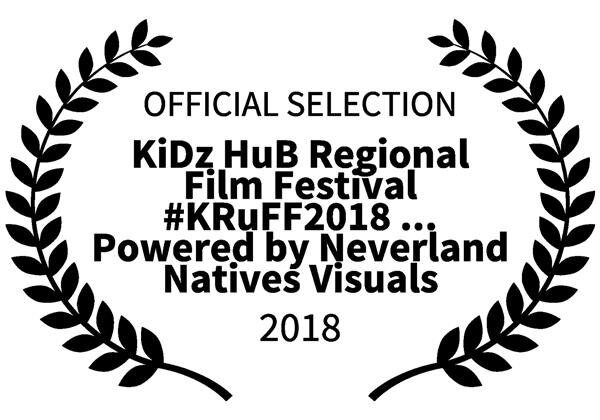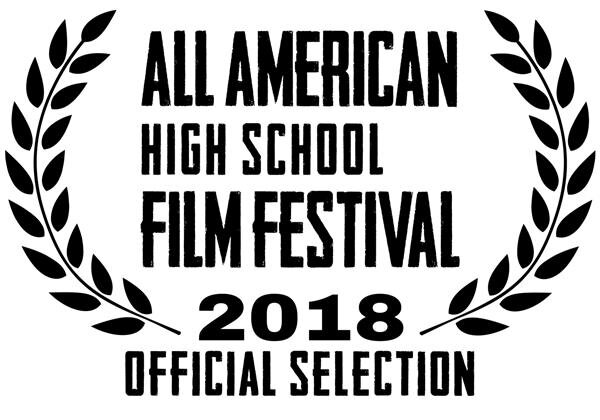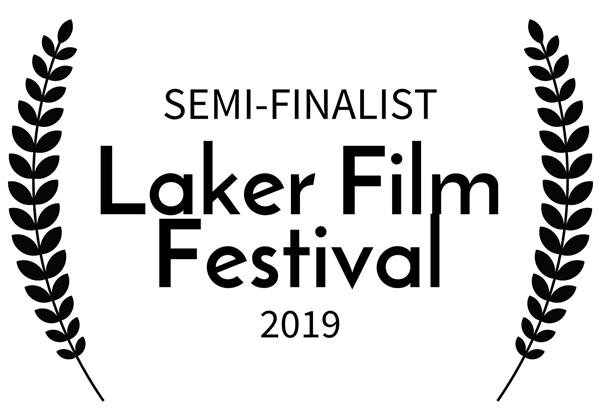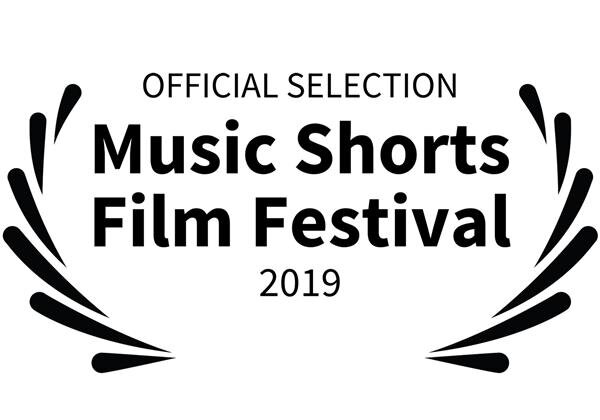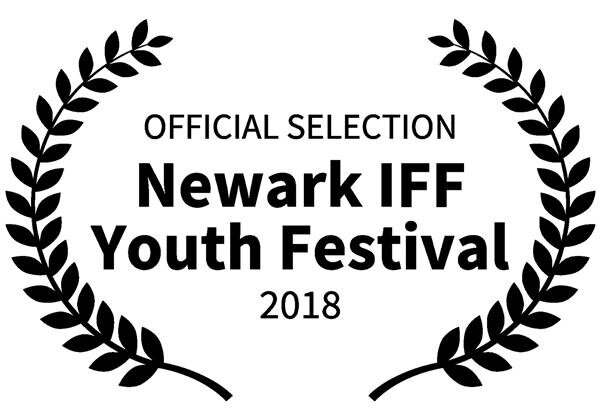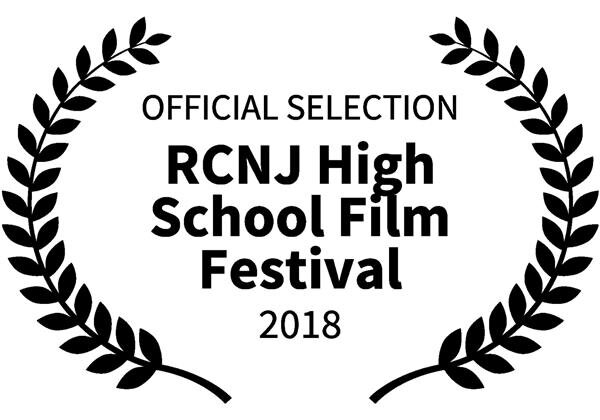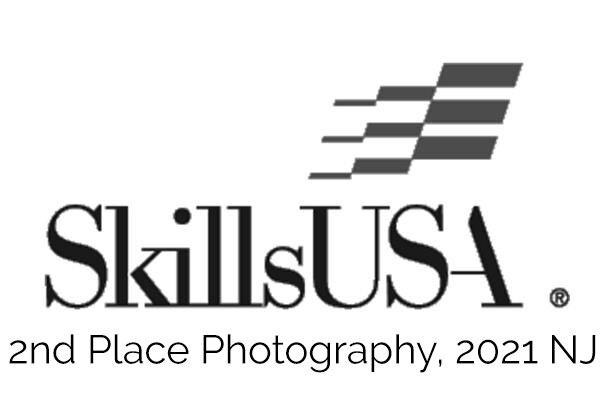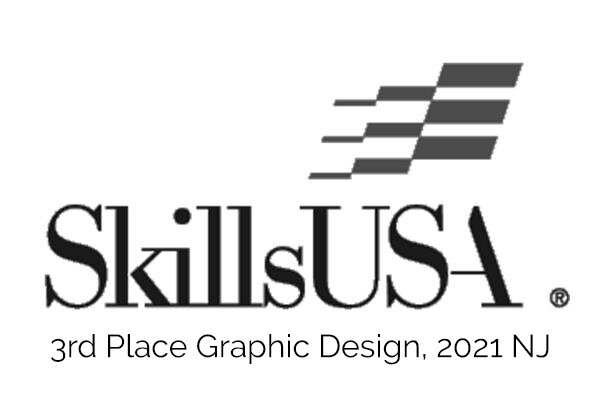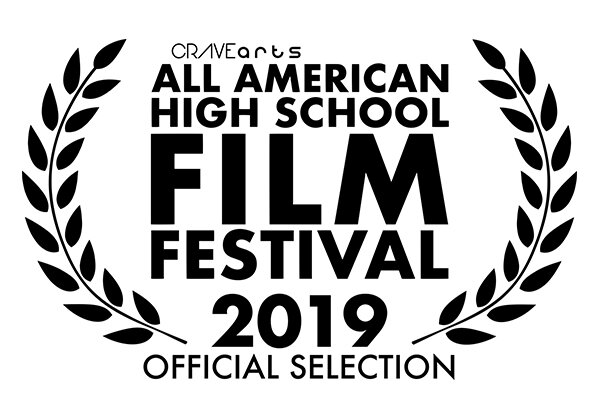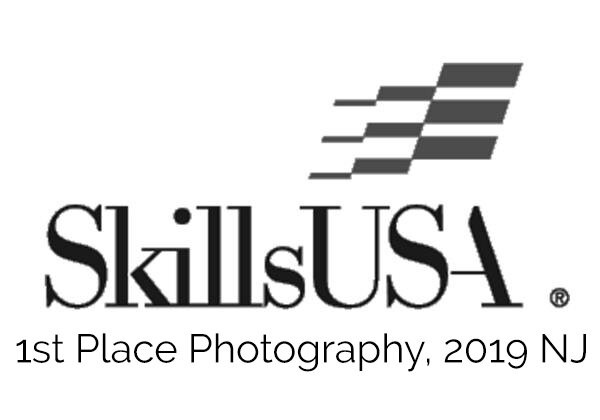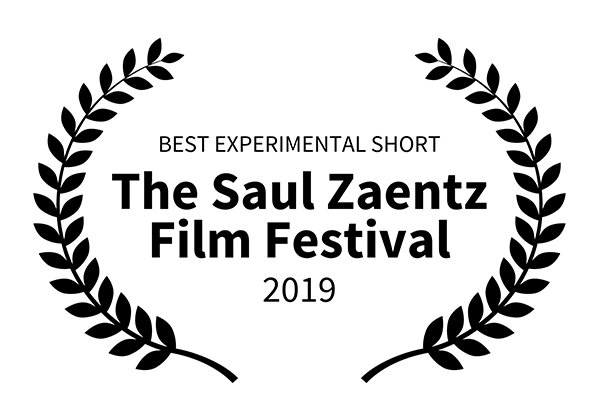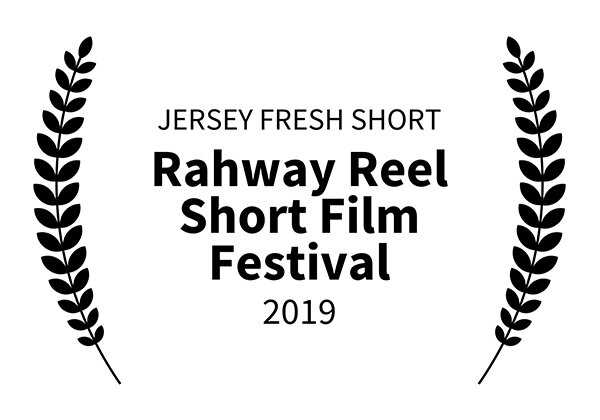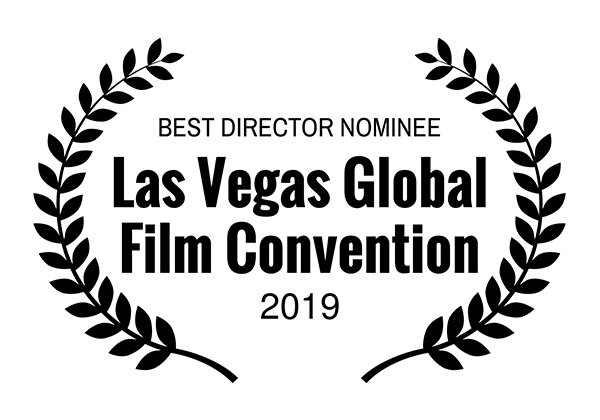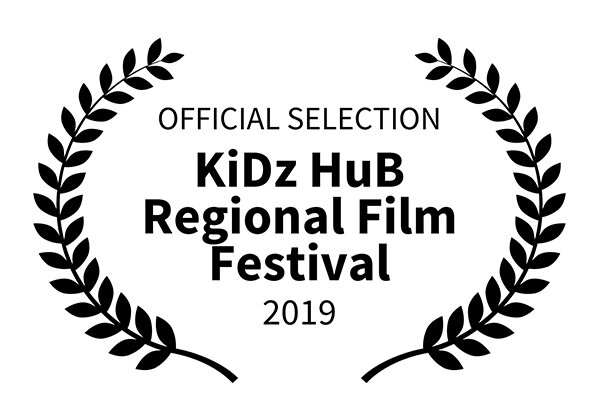Teaching Philosophy
My teaching philosophy is rooted in reflection. I ask my students to reflect regularly, and I do not ask anything of them that I don’t ask of myself. Reflection is powerful because it takes the pressure of being perfect off, and focuses on what was truly learned. Did something not work? Not a problem - tell me why it didn’t work, and what you would try in the future. I also apply this approach as I reflect on my lessons and delivery. As humans, we learn from our mistakes all the time, and incorporating that it’s okay to make mistakes into my classroom culture allows students to take risks, to try something new, and to trust the process of developing their craft. This act of trust is key to the success of students. This trust builds an inclusive classroom culture: they must trust me, they must trust each other, and they must trust themselves. Establishing and maintaining this level of trust also connects with the notion of teaching the whole student, and connects to the exercises I incorporate into my classroom environment for social and emotional learning.
While I have the goal of my students walking away with technical, production management, storytelling, treatment design and collaborative skills, I also have the goal that they walk away from my class knowing how to communicate, knowing what it feels like to be supported, understanding their value, appreciating and respecting cultural diversity, and being empowered to own their learning experience. Students learn best in a classroom that celebrates diverse joy, is well-organized and consistent, and one that adapts to meet them where they are on any given day.
My teaching philosophy has evolved since the pandemic began. I myself have learned to slow down, and recognize that busy does not mean productive or successful. I’ve taken this into my teaching practice by keeping the following questions in the front of my mind: What is truly important for students to walk away with? How can I empower students to plan their own self-designed and developed projects? Do my students feel safe in this environment? What additional support can I offer my students at this time? For example: beginning with a guided meditation to lead us to the here and now. Are my students feeling overwhelmed by this assignment? If so, in what ways can I adapt it? As a newer teacher, I know my philosophy will continue to evolve, and the same way I encourage my students to trust the process, I must do the same.
Student Achievement // Awards & Recognition
Teaching Art & Media Content:
Storytelling through Various Mediums
Stop-Motion Animation
Digital Animation (Adobe After Effects)
Digital Art: Adobe Photoshop
Film Editing: Adobe Premiere
Film History
Technical Skills: Cinematography, Lighting & Sound Tech
Treatment and Pitch Proposal Design & Presentation
Documentary Filmmaking
Narrative Filmmaking
Production Management
Photography (Adobe Lightroom)
Magazine Development (Adobe inDesign)
Podcasts
Screenwriting
Developing Student’s Own Creative Process, Practice & Fostering Student-Developed Projects
Art History
Color Theory
Mixed Media
Media Theory
Elements of Art & Principles of Design
Portfolio Development
Career Ready Practices, including collaboration and communication
CTE Multimedia Curriculum
developed, written, and delivered by Brianna O’Halloran
Multi-Medium Foundations
collaborative team-building
color theory & mixed media
photoshop
found footage
animation station
stop-motion
digital animation
the moving image
collaborative short films
Sight, Sound & Storytelling
collaborative team-building
sight, sound & story
podcasts
filmmaking exploration
photography
documentary filmmaking
mini-projects
portfolios & exhibition
Media Studies & Exploration
communication & collaboration
sight & sound
mini-projects
creative process & practice
media theory
what is art?
collaborative short films
site-specific art
portfolios & exhibition
